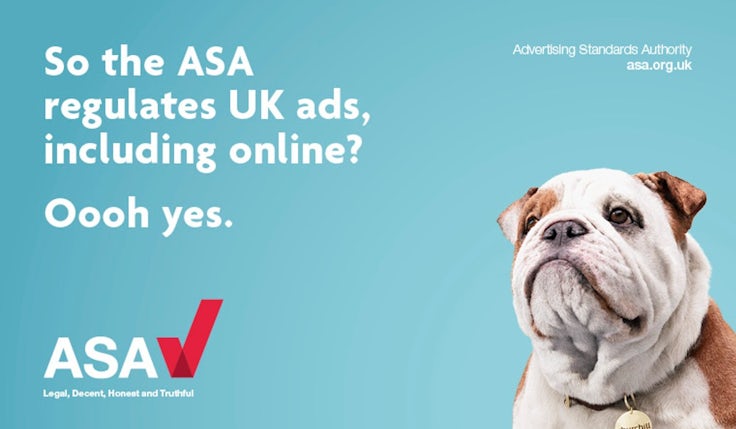Six ads by influencer Grace Beverley banned as part of ‘precedent setting’ ASA crackdown
Social media influencers who are also brand owners must mark their brand-related content as ads, says the ad watchdog as it cracks down on unlabeled cross-pollination.

Six ads from influencer-turned-business owner Grace Beverley have been banned by the Advertising Standards Authority (ASA) for not being properly disclosed as ads.
Two Instagram reels and four TikTok posts on Beverley’s personal pages for Tala, the fitness clothing brand she founded in 2019, have been banned.
The six ads, all posted last October, were deemed by the ASA to have broken the CAP code despite Beverley, who has one million Instagram followers, owning the brand.
“This case is precedent setting,” Miles Lockwood, director of complaints and investigations at the ASA, told Marketing Week.
Ad watchdog escalates sanctions against persistent rule-breaking influencers
“It makes it clear that, even when influencers are cross-posting with a business account, they need to properly label their ads. We don’t expect the public to play detective to work out whether they’re seeing paid-for content. An easily visible ‘#ad’ makes all the difference,” he adds.
Beverley, who made the Forbes 30 Under 30 Europe list in 2020 for retail and ecommerce, is also the owner of fitness supplements brand Shreddy and planner business The Productivity Method.
In a statement to Marketing Week, she says: “I am respectful of the ASA’s work and acknowledge their recent decision regarding my social media posts discussing Tala, a business I founded.”
Cross-pollination
Business-owners posting content online promoting their brands should mark posts as ads, according to ASA and CAP guidelines. Rebutting the complaints, Tala argued there was a “deliberate and clear use of language” in all the ads indicating Beverley’s commercial relationship with the brand as owner, negating the need for “#ad”.
Tala argued that marking the posts as adverts would have made them misleading, as consumers would have viewed Beverley as an “arm’s length influencer” with no commercial interest in the business, who was “merely promoting goods because she was being paid to do so”.
The CAP code states marketing communications must be “obviously identifiable”. In this case, the ASA deemed Beverley’s posts about Tala to be “marketing communications in a non-paid-for space”, meaning both Beverley and the brand needed to ensure the posts complied with the rules.
The ASA states all social media posts by Beverley about Tala must make sure the commercial intent is clear, with “#ad”, or an equivalent marker, on show. According to its influencer guidelines, published in 2023, influencers and brand owners “need to make clear in any content where [they] feature or refer to the brand, that it’s advertising. This is the case even when the brand doesn’t know if or what you’re creating.”







